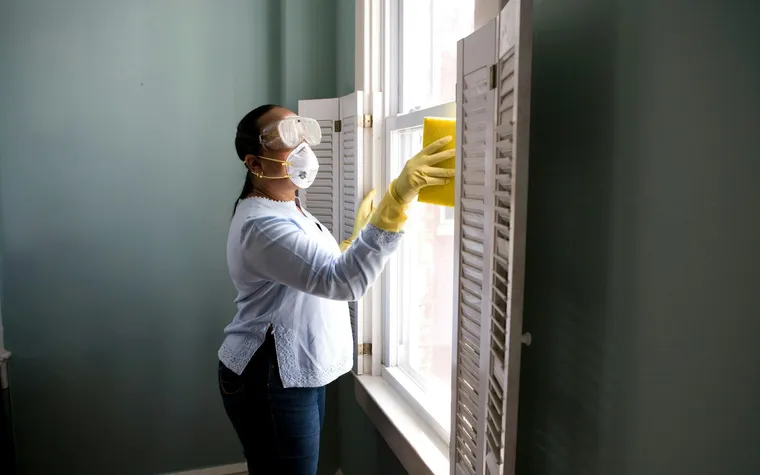Their responsibilities include disinfecting surfaces, handling hazardous waste, and following strict health regulations to maintain cleanliness.In addition to cleaning patient rooms, hospital janitors sanitize operating rooms, restrooms, and public areas. Their work requires attention to detail, proper use of cleaning agents, and adherence to hospital protocols. With growing demand for healthcare services, hospital janitorial jobs offer stable employment opportunities and a rewarding career in the cleaning industry.
What is a Hospital Janitorial Cleaning Job?
A hospital janitorial cleaning job involves maintaining cleanliness and sanitation in medical facilities, including hospitals, clinics, and nursing homes. Janitors in these environments ensure that all areas, from patient rooms to emergency rooms, remain free of contaminants. Unlike general janitorial roles, hospital cleaning jobs require specialized training in handling biohazardous materials and using medical-grade disinfectants.
Hospital janitors work closely with healthcare professionals to minimize the spread of infections. Their duties go beyond routine cleaning; they must follow strict hygiene standards set by organizations like the Centers for Disease Control and Prevention (CDC) and the Occupational Safety and Health Administration (OSHA). Their work directly contributes to patient recovery and overall public health.
Responsibilities of a Hospital Janitor
Hospital janitors perform a variety of cleaning tasks to maintain a sterile and safe environment. Their main responsibilities include:
- Disinfecting Patient Rooms – Regular cleaning of hospital beds, furniture, and medical equipment to eliminate germs and bacteria.
- Sanitizing High-Traffic Areas – Hallways, waiting rooms, and restrooms require frequent cleaning to prevent the spread of infections.
- Handling Biohazardous Waste – Proper disposal of used medical supplies, syringes, and other hazardous materials according to safety guidelines.
- Mopping and Sweeping Floors – Keeping floors dry and sanitized to reduce slip-and-fall risks.
- Refilling Cleaning Supplies – Ensuring that essential items like hand sanitizers, soap dispensers, and disinfectant wipes are stocked.
- Responding to Emergency Spills – Quickly cleaning up spills of bodily fluids or hazardous substances to prevent contamination.
- Following Cleaning Protocols – Using the right disinfectants and methods to kill bacteria and viruses without damaging hospital equipment.
Benefits of Hospital Janitorial Cleaning Jobs
Pursuing a hospital janitorial job comes with several benefits, including:
1. Job Stability
Healthcare facilities operate 24/7, creating a constant demand for janitorial staff. Hospitals require regular cleaning to comply with health regulations, ensuring steady employment opportunities.
2. Competitive Pay and Benefits
Hospital janitors often receive higher wages than those working in other industries due to the specialized nature of their work. Many employers offer benefits such as health insurance, retirement plans, and paid time off.
3. Career Growth Opportunities
Entry-level janitors can advance to supervisory positions or specialize in areas like biohazard waste management. Some hospitals provide training programs that help employees grow in their careers.
How to Apply for a Hospital Janitorial Job
If you're interested in a hospital janitorial cleaning job, follow these steps to get started:
- Check Job Listings – Look for openings on hospital websites, job boards, or staffing agencies specializing in healthcare positions.
- Prepare Your Resume – Highlight any cleaning experience, certifications, or relevant skills.
- Apply Online or In-Person – Some hospitals accept online applications, while others may require in-person submissions.
- Complete Training – If required, complete training programs in healthcare sanitation and safety regulations.
- Attend an Interview – Be prepared to discuss your experience, ability to follow strict cleaning protocols, and willingness to work flexible hours.
Conclusion
Hospital janitorial cleaning jobs are vital in maintaining the health and safety of medical facilities. These professionals ensure that hospitals remain sanitary, reducing the risk of infections and contributing to patient recovery. With job stability, competitive pay, and opportunities for career advancement, hospital janitorial work offers a rewarding and essential career path in the healthcare industry.

